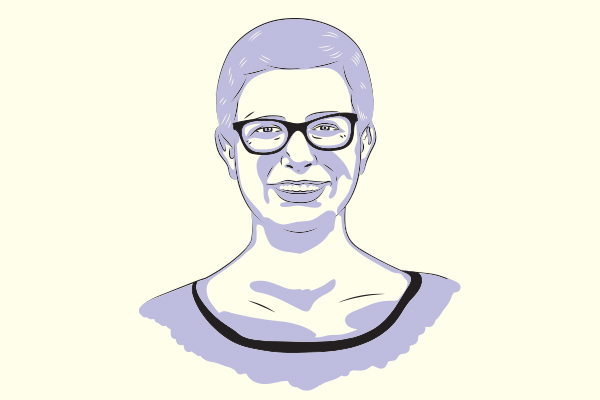Bailey Anderson is a geography and the environment alumna from Bowie, Texas. She is the recipient of a 2017 British Marshall scholarship, which will fund her pursuit of a Master of Philosophy in geography: water science, policy and management at the University of Oxford. Anderson has also been awarded the National Oceanic and Atmospheric Administration Hollings scholarship, a Fulbright Canada Killam fellowship and the Teresa Lozano Long Latin American Studies Travel scholarship, and she was a finalist for the Harry S. Truman scholarship.
What does winning a Marshall scholarship mean to you?
I think studying something like geography and water resources in a time that is particularly politically tempestuous around the issue of climate change is very powerful. This opportunity will give me the connections and knowledge to do something meaningful in my field.
I want to be an example for people from places like my hometown, small towns or even lower-income communities in large cities, where education might be lacking in comparison to larger or wealthier districts. I don’t want anyone to feel like they do not belong in a specific field or don’t deserve to achieve a high level of prestige because of characteristics that are intrinsic to their being — race, gender or background.
Why do you think studying liberal arts is important?
It creates well-rounded, thoughtful people with the skills to recognize problems and fosters the creativity needed to find solutions to them. Geography in particular weds physical and social science in a way that is unrivaled in other disciplines. I think this type of interdisciplinary study is vital to understanding the world.
How have you benefited from internships?
I have had three professional internships while a student at UT, including my current job with the Texas General Land Office, where I work in Geographic Information Systems. Over the summer, I interned with the National Weather Service at the River Forecasting Center in Anchorage, Alaska. I did a research project with them using statistical methods to estimate flood frequency, which I am now turning into my undergraduate thesis. My other internship was with the Texas Water Development Board, where I helped do research for, and write, a technical note on ground water metering and monitoring regulations in Texas.
My internships helped develop my interests and showed me what work looks like in district sectors within geography and water resources. They were invaluable in helping me decide what I want to do next and introduced me to important concepts and issues in my field that I wouldn’t have been exposed to in my classes.
What are your professional goals?
My goal is just to always consider how my actions are affecting other people’s lives. I never want to do a job that I don’t believe is helping people. My academic and professional interests are mostly around natural resource availability, particularly in improving potable water and food access for poor and rural communities. I think these are the most basic human rights. I hope that regardless of whatever specific direction my future and career take, I am always working toward making access to these things ubiquitous.
What is your proudest accomplishment?
When I make noticeable, positive changes to myself. For example, when I am able to be patient and supportive in a situation that would have frustrated me at one point, or when I am able to listen to ideas that challenge my thought process and accept that there may be error in my thinking. This is the most exciting part of life for me, trying to figure out who I am going to become.
